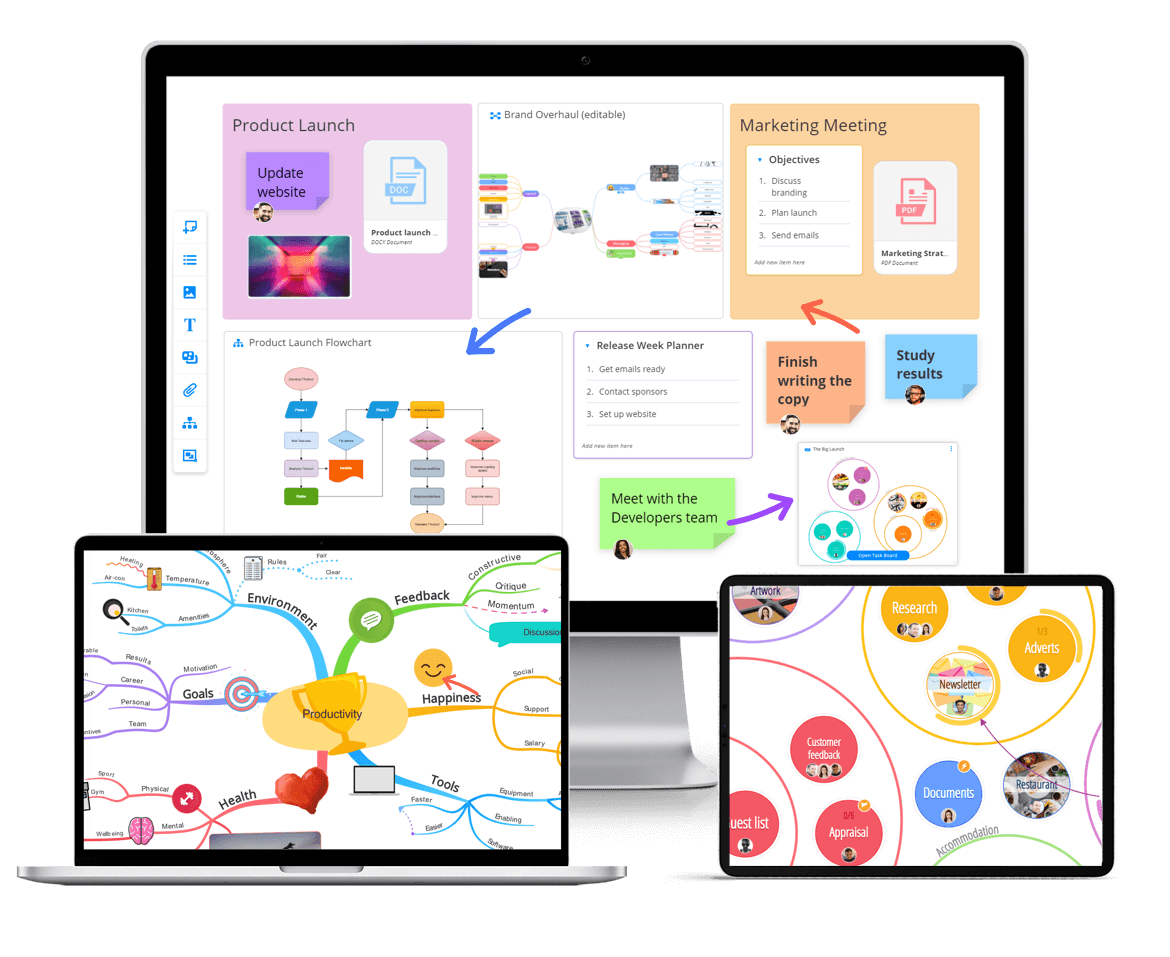November 11, 2021 (Updated April 3rd, 2024)
Tips for creating a more inclusive workplace

Work teams are at their best when everyone feels comfortable. Making your workplace more inclusive is a great and important way of empowering your employees so that everyone feels comfortable and able to work at their best.
One in seven people are neurodivergent, which means that – whether you’re aware of it or not – you almost certainly have neurodivergent employees on your team. The great thing about making simple but powerful changes to make everyday work life more inclusive is that it can make a big difference to the daily life of employees. Neurodiversity encompasses many different symptoms and challenges which might not immediately be obvious to neurotypical individuals who are not familiar with them. But worry not! We have compiled all of our top tips for making your workplace more inclusive for neurodivergent individuals. Keep reading to find out more.
Break down information
We all know what it’s like, work can get busy and sometimes it feels like we don’t have the time to write a perfectly crafted email, relay complicated instructions in a thoughtful way, or take the time to check in with employees after the fact. Yet, convoluted emails and rushed instructions can be especially distressing for neurodivergent employees. Taking the time to pause, breathe, and put the effort into making instructions and information more digestible – even when you’re busy – actually saves time in the long run. This is because it can help prevent the need for extraneous follow-ups, not to mention that it makes team members (neurodivergent and otherwise) feel valued and respected. To make information more accessible, opt for bullet points, headings and visual breakdowns rather than large chunks of text.
Delegate work clearly and effectively
Sometimes it feels that being broad and open when delegating is a good thing. People don’t want to slip into the trap of micromanagement or oversubscribing, not giving employees the chance to bring their own creativity to the task. However, being too vague can be confusing – and for neurodivergent individuals especially it can lead to stress and even low self-esteem. The best way to do this is to delegate work clearly, let members of your team know exactly who expects you to work on a task, what you expect of them and any relevant timelines. Try to avoid unnecessary clutter, and try to be clear and top-level. Using a visual tool like Ayoa can also help with this as tasks can be broken down in different ways depending on the individual employee’s preference.
Reframe how you assess others
Professionalism is an important part of office work. There are certain rules which must be abided by in a work environment, and when they’re not it can lead to a toxic culture of bullying or inefficiency. Still, some of our ideas of professionalism are not as integral to daily work life and subsequently change over time. For example, many workplaces now have more casual dress codes, and where once ideas of “play” were seen as unsuitable in the workplace, now many offices opt to have a games room. When it comes to inclusivity, reframing some of your traditional ideas of assessment can be beneficial too. For example, some neurodivergent individuals, like those with autism, may find things traditionally associated with politeness such as eye contact or small talk a challenge. Learning to assess employees based on their work output and quality is a great way to promote inclusivity in the workplace.
Welcome innovative thinking
Of course, we all think that we want to encourage innovative thinking, but often people find change difficult. When we get used to approaching work in a certain way, we form a habit – one that can be hard to see past. One of the many wonderful things about neurodivergent employees is that they see the world through different eyes and are often naturals at thinking outside the box. Their natural propensity for creativity means they can come up with new ways of approaching problems and handling tasks. When this happens, remember to be encouraging of these innovations, rather than wary of them. The way we treat people matters and showing reticence about new ideas can discourage people from being open in the future. By being welcoming of innovative ideas and new ways of doing things you can make your workplace a more inclusive environment.

The all-in-one remote work toolkit
Ayoa is an all-in-one platform that allows teams to collaborate seamlessly while working from home. Integrations with Dropbox and Google Drive allow you to stay productive and avoid switching between apps.
Try it for free
